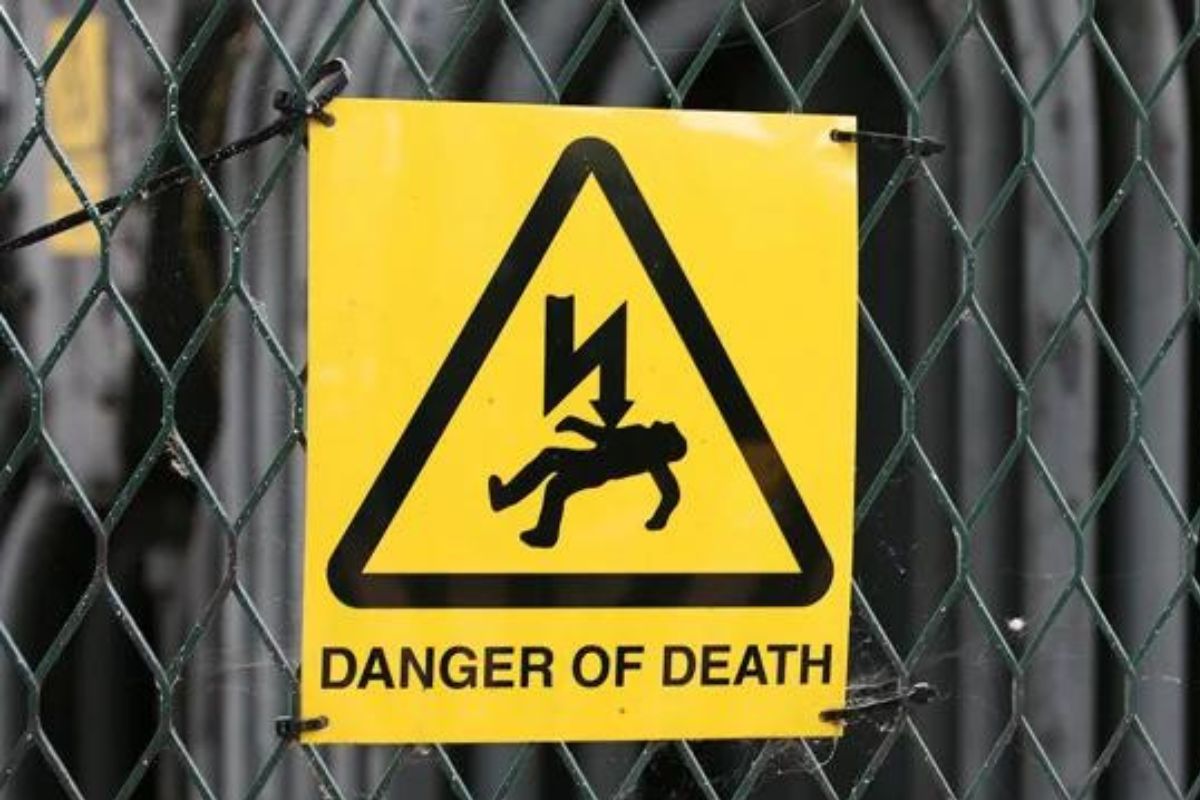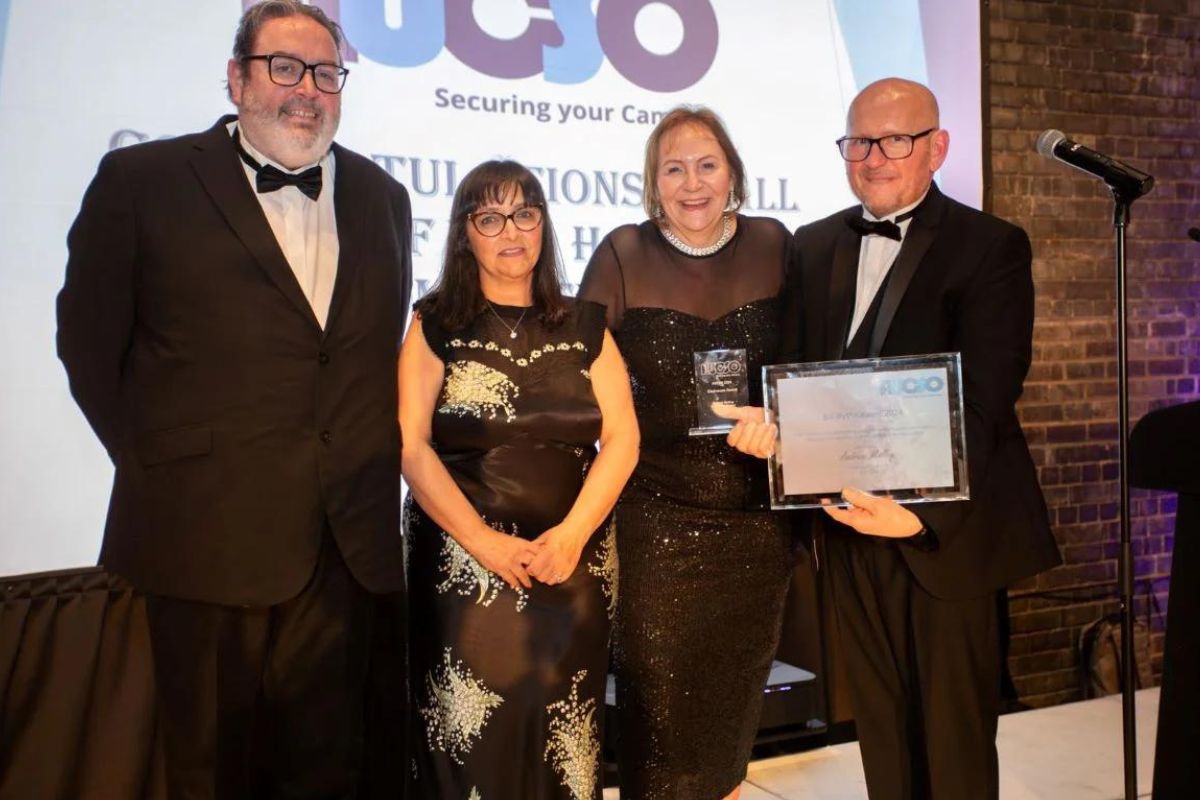By boosting the confidence of our young entrepreneurs, educational providers will benefit us all

This country is filled with entrepreneurs. According to the Institute of Fiscal Studies, the UK has the second-highest level of solo self-employment as a percentage of total employment in the world – beating the US, Germany and France, and coming second only to Italy.
But the UK’s self-employed are heavily skewed towards older demographics, with people under the age of 24 making up less than 4% of the UK’s self-employed despite showing clear interest in starting their own business, as seen in a 2020 study commissioned by Santander that showed 27% of students in the UK either have started their own business or intend to once they graduate. For comparison, those aged 50-54 represent almost 14%. There is also a significant gender gap, with the UK’s self-employed 65% male and just 35% female.
Decoding the Age and Gender Gap
To help decode why this age and gender gap is happening and shine a light on the barriers that exist for young entrepreneurs – and women – we recently commissioned exclusive research from Opinium. This research will feed into the ongoing discussions of the newly-established Association for the Future of Work, which aims to build a fair, accessible and exciting future of work that supports the needs of freelancers and businesses alike.
We asked 2,000 members of the UK’s general population, as well as 500 university graduates specifically, about their attitudes towards freelance work. The findings provide a compelling snapshot – and identify the barriers facing current and prospective freelancers at the crucial stage when they have just left academic education and they’re taking the first steps into the world of work where many intend to start freelancing or running their own small businesses.
Firstly, it’s clear that there truly is an entrepreneurial spirit in the UK – particularly post pandemic. Recent ONS statistics show the number of self-employed people in the UK has risen by 48,000 since just February – with self-employed people now making up 15% of the UK’s workforce.
‘Side Hustles’
Our research revealed that around a fifth of adults in the UK are currently actively building a ‘side hustle’, including more than a third of young people aged 18-35. That demonstrates the younger demographic certainly doesn’t lack the appetite to be their own boss. So why are they underrepresented in the self-employed workforce?
One crucial reason is because this energy amongst the young – and the potential for innovation, entrepreneurialism and new business growth – is not being harnessed effectively by universities and other educational providers. Our research finds that half of recent graduates said they received zero advice or encouragement in university on starting their own business. The vast majority of graduates believe universities and other educational institutions are failing to provide adequate tools or courses to equip students to work for themselves, and that universities are too focused on traditional career paths – not marketable skills.
Practical Skills
Practical skills absolutely fundamental to building and running your own business – from compiling tax returns, to preparing contracts and invoices, and finding clients – were only taught to around one in ten graduate respondents. Graduates said it’s being taught exactly those sorts of skills –how to price their work, pitch their services, and prepare tax returns – that would give them the confidence to go freelance.
A particularly shocking finding was that just 12% of recent female graduates feel confident starting a freelance career after university, compared to 55% of men. Similarly, only 29% of female graduates feel they received any support from university on starting a business after graduating, versus 74% of men. Sadly, this trend is deep-rooted at every stage. Those women who manage to break past this barrier and find the confidence to set up their own business usually attract less funding than men and are hit with more late payments than men.
To build an economy that taps into the potential of people of every age group and demographic, universities must urgently take steps to encourage and build up our young entrepreneurs, who have so clearly shown that they are interested in running their own businesses. In a study conducted by GoDaddy and the University of Kent, we can see a five-fold increase in business owners under 24 since the start of the pandemic, increasing from a representative 1.7% pre-pandemic, to 8.6% in May 2022. Young people want to work for themselves as freelancers or in their own side-hustles; they just do not have access to the tools or knowledge to do so. A world of work that allows people the room to be flexible, to work for themselves and market their skills, providing businesses and our economy with innovative products and services, is one that will benefit us all.
By Albert Azis-Clauson, CEO of UnderPinned
Albert Azis-Clauson is the CEO of UnderPinned, an online platform for freelancers, which he co-founded when he was 22 years old – personally raising over £1m within a year of graduating from university. He recently established the Association for the Future of Work, to connect entrepreneurs, educators, researchers, and business and political leaders to help build a positive ecosystem for freelancers and businesses












Responses